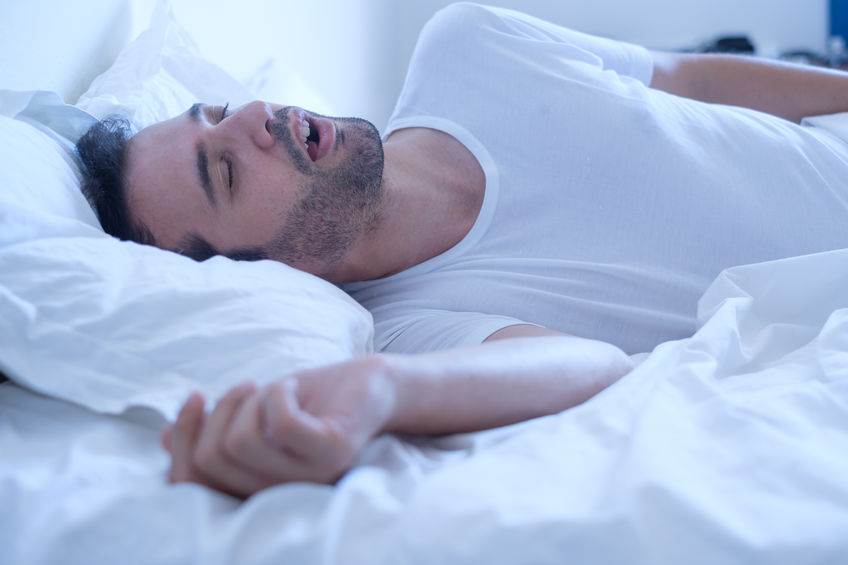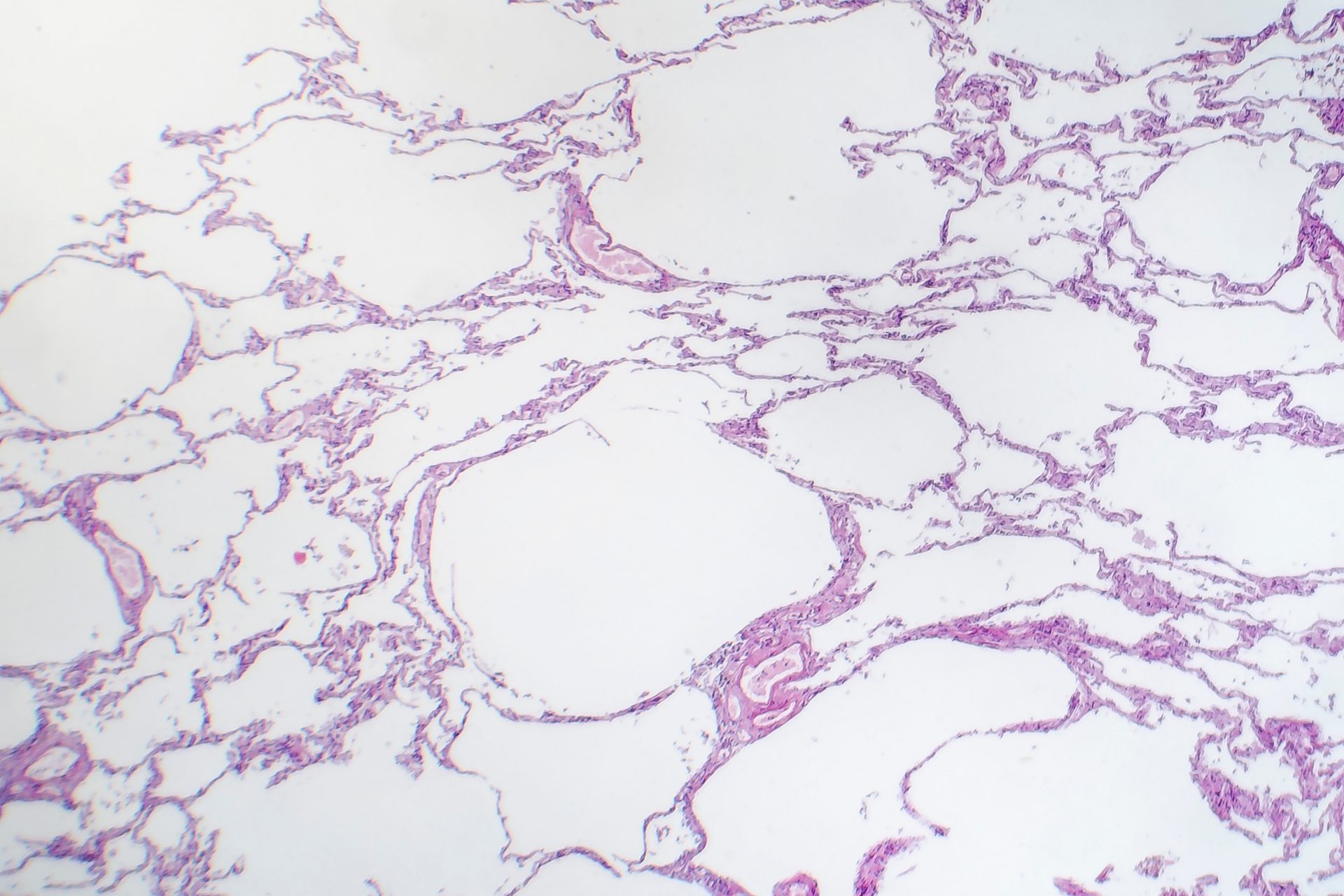Diagnoses
Sleep apnoea means that your breathing stops when you sleep. Obstructive sleep apnoea means that your breathing stops because your throat is obstructed due to the throat muscles relaxing and the throat itself collapsing as the breath is sucked in. It is more common in people whose throat is already narrow, who are overweight or obese, when the neck circumference is large, when the tonsils are large, and when the lower jaw is set back.
The regular interruption to breathing during sleep can impair the refreshing quality of sleep and results in poor sleep quality – feeling unrefreshed on waking and tired during the day with poor concentration, sleepiness, and other symptoms. Some people with sleep apnoea do not have any symptoms and therefore do not have sleep apnoea syndrome and usually would not need treated.
Your partner might have noticed snoring and witnessed you stopping breathing while you sleep. However, these observations along with daytime tiredness are common and the diagnosis of sleep apnoea requires investigation by a sleep study. This involves sleeping at home while wearing equipment that monitors your breathing, oxygen level, and other aspects for analysis by your specialist team.
Treatment of sleep apnoea syndrome depends on its severity and the level of symptoms. Several approaches are possible. Many are offered CPAP – a mask that uses continuous positive airway pressure to prevent the throat from closing and thus reducing apnoeas and snoring. A mandibular advancement device, worn in the mouth, might be used for mild cases.
You must not drive if you are too sleepy to be safe. There are legal issues related to sleep apnoea and driving – please check the DVLA website.


